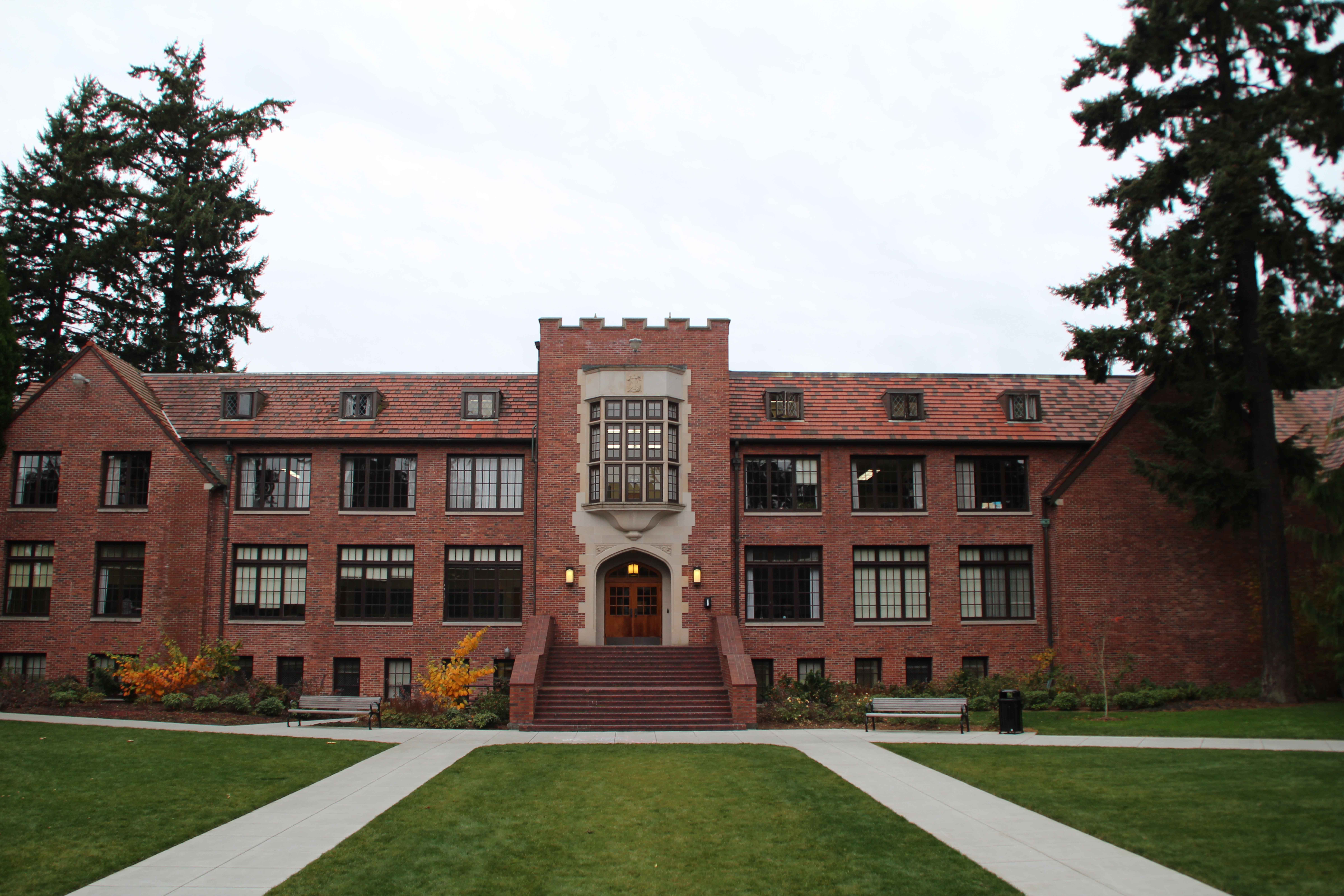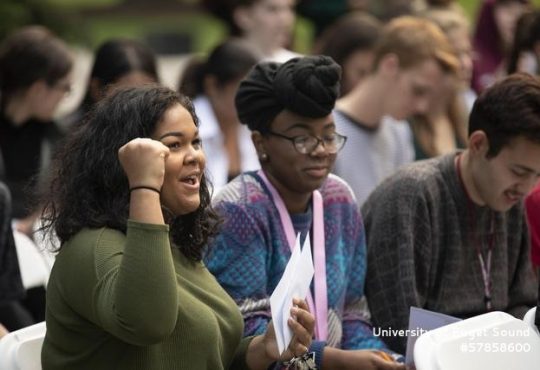
In last week’s article regarding the KNOW proposal, the requirement was incorrectly described. The proposal, if passed, will require students to take one overlay class addressing the issues of power, identity and culture over the course of their four years. The proposal will not implement a separate set of courses, and only one class is required for graduation. Faculty members met on March 25 to further discuss the KNOW proposal, and voted on whether or not to pass the motion by a final electronic vote. According to the minutes of the meeting, recorded by Faculty Secretary Martin Jackson, the motion passed 59 to 14, and the proposal will be taken to a final vote. The electronic ballots have been distributed, and all faculty members were able to vote on the proposal until 12 p.m. on Wednesday April 9. This is the first time that the electronic ballot has been implemented for a vote on a measure of this nature. The purpose of distributing the electronic ballot is to encourage the participation of all faculty members of the university, especially those who were not present at the March 25 meeting.
Despite the majority support of the decision to pass the motion, there has been some debate amongst faculty as to whether or not the proposal is the best course of action for educating students on diversity.
Professor Richard Anderson-Connolly of the Sociology and Anthropology department is concerned that the KNOW requirement could potentially create a further sense
of otherness, especially pertaining to race, and that the approach to learning about such issues should not necessarily be a requirement.
“The ideology [of the proposal] doesn’t pay attention to the idea that race can be a harmful social construction,” Anderson-Connolly said. “We shouldn’t be teaching our students to ignore the consequences of racism, but we also shouldn’t be teaching students to view each other as representations of different races.”
While it is not the University’s job to impose ideologies upon students, the responsibility of questioning and interpreting such ideologies lies just as much with students as with faculty.
Even in a campus as open and understanding as Puget Sound, subjects and topics concerning diversity can be risky when they are brought to the core of first and second year learning.
Those in support of passing the proposal, such as Professor Nancy Bristow (History), believe that while the subjects of knowledge, identity and power can be difficult issues to address, creating an environment for critical discussion of these issues is beneficial overall.
“Racism, sexism, heterosexism, and other forms of oppression are real on our campus, and create an environment in which each day is a struggle for too many people on our campus,” Bristow said.
“I hope the KNOW proposal would open opportunities for all of us to work toward building the environment for learning and living that every member of the campus community deserves.”
It is difficult to know (puns excluded) what the impact of the requirement will be if it passes; however, those in favor are confident that the requirement will ultimately benefit the curriculum.
“It will have a positive impact,” Professor Douglas Cannon said. Cannon initially introduced the motion, and has high hopes for its passing.
“Students have persistently sought increased opportunities for thoughtful and considerate discussion of issues of diversity, including the tensions that social disparities give rise to.”
The debates within the faculty show that this issue is taken seriously, and the outcome of the vote-whatever it may be-will be reflective of what the faculty believes to be the best course of action in creating the critical discussion about diversity.






